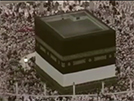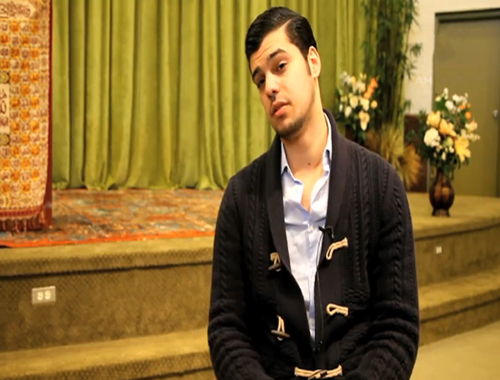Brief Answer
- Details
- Hits: 3495
Brief Answer
The word du’a (supplication) literally means “to call”, “to request a favour”, “to seek help” and in some cases it is used to denote the general meaning of calling. But in its [popular and] technical sense, it refers to the act of making a request from Allah (awj). The word du’a and its derivatives have been used in the Qur`an in approximately thirteen different meanings.
As supplication is a form of worship, it has like all other forms of worship certain requirements, the fulfilment of which makes the supplication effective in that Allah (awj) grants the supplicant’s request and elevates him to higher stations of proximity to Himself.
It is important to note that the acceptance of supplication does not mean that the request will be instantaneously granted, and that its consequences will become immediately manifest. Hence, in some cases, the result of the acceptance might appear after some forty years, or in yet other cases Allah (awj) may postpone the granting of the request for the hereafter, wherein He will bestow on the supplicant blessings many times greater than what he had asked for, and this experience will so overwhelm the blessed believer that at that moment he will wish that none of his other requests had been granted in the world.
Scholars of Islamic sciences have extracted from the Qur`an and the ahadith of the Infallibles (ع) certain conditions which, if respected, will guarantee the acceptance of the supplication. Mulla Muhsin Fayd Kashani enumerates ten such requirements. Ten other requirements have been recorded in ‘Uddatul Da’i, while seventeen conditions have been put forth in Du’aha Wa Tahlilat-i-Qur`an.
By studying the various phrases that are recorded in the ahadith relating to this topic, it is possible to formulate the conditions that guarantee the acceptance of one’s supplications, such as: not asking for a request that is in contradiction with the “best universal order” that governs the world; the immutable Divine will (in which case the supplication will be disregarded); beginning and ending the supplication with blessings upon Prophet Muhammad and his household (ع); possessing a thorough knowledge of Allah (awj), putting our trust only in Allah (awj) and no other but Him; being sincere and feeling desperately in need of Allah (awj); the harmoniousness of one’s heart and tongue in supplicating; being disposed to carry out our duties and refrain from committing what Allah (awj) has forbidden; pleading for forgiveness of one’s sins; being persistent in beseeching Allah (awj) without loosing hope; knowing that Allah (awj) hears His servants and heeds their supplications; asking Allah (awj) to take care of one’s needs the way He deems appropriate and in accordance with what is best for him, [not what he himself whimsically desires]. If all these conditions are met, the supplicant should have no doubt that the request will be granted, although it be at a later time.











